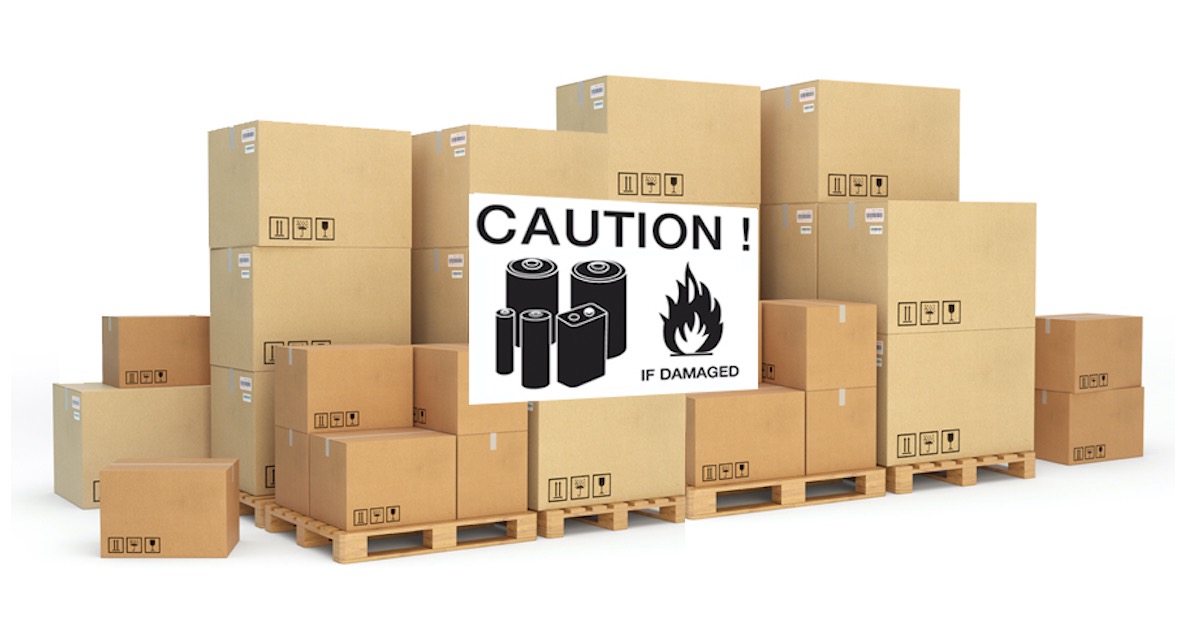By ALPA Staff
Despite mounting evidence pointing to the hazards associated with the bulk shipment of lithium batteries, the United States still has work to do to ensure that they can be safely shipped on both passenger and all-cargo aircraft. Currently, the Senate is taking action on a Federal Aviation Administration (FAA) reauthorization bill, and ALPA has worked tirelessly to ensure that this important legislation contains strong provisions on the safe transport of lithium batteries.
The international community recently agreed to new standards to improve lithium battery safety, and the International Civil Aviation Organization’s updated standards went into effect last week on April 1, 2016. These include a temporary ban on the shipment of lithium-ion batteries on passenger airliners until adequate safety regulations are in place, a ban on shipping lithium batteries with more than a 30 percent charge, and a prohibition on shipments of batteries packaged together undeclared as hazardous goods, a loophole known as “Section II overpack,” which has long been misused to get around required regulations to transport dangerous goods. ALPA has been advocating that the United States pursue full harmonization with all of those standards.
As work on the FAA reauthorization continues in the Senate this week, it is important to remember that our country has a tremendous opportunity to safeguard air transportation from the known danger posed by lithium battery shipments and to set the standard for the world. It is crucial that we advance legislation that prescribes the highest level of protection to passengers, crewmembers, and the aircraft without exception or exemptions that compromise safety.


